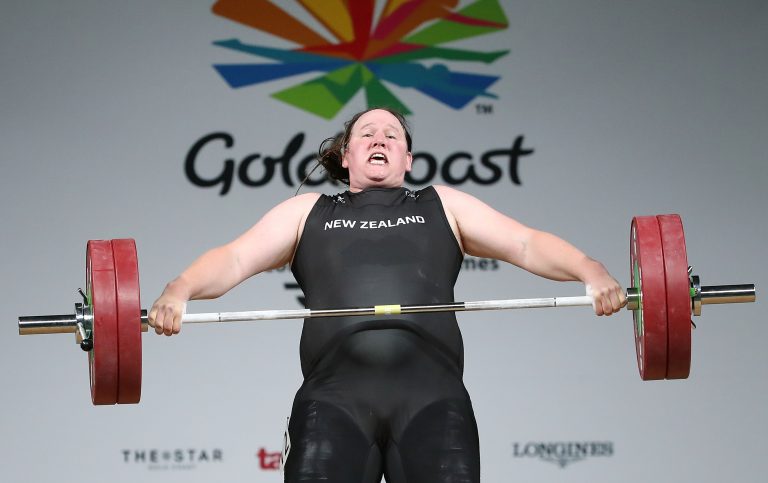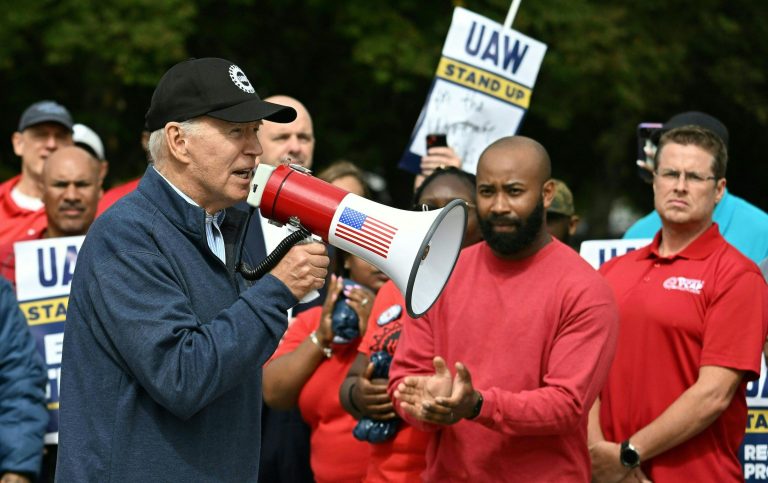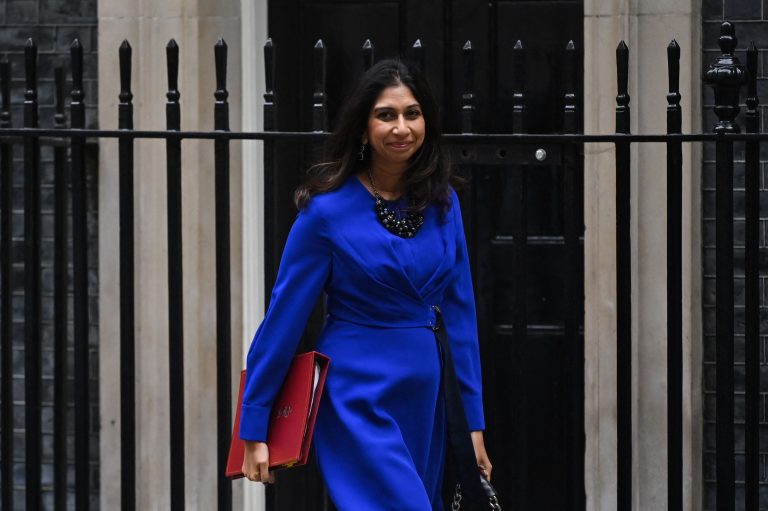An audit on transgender athletes participating in sports competitions by a United Kingdom’s Sports thinktank concluded that inclusion and fairness are irreconcilable and suggested stricter guidelines in this regard.
“The inclusion of transgender people into female sport cannot be balanced regarding transgender inclusion, fairness and safety in gender-affected sport where there is meaningful competition,” the Sports Councils Equality Group (SCEG) concluded in its report issued on Sept. 30.
“This is due to retained differences in strength, stamina, and physique between the average woman compared with the average transgender woman or non-binary person assigned male at birth, with or without testosterone suppression.”
The influx of transgender athletes—or more accurately, male athletes who have transformed into women or are still in the process of becoming a female, or, worse, only identify as a female—into women’s sports has become a significant problem in sports’ competitions in recent years.
This is due to the upsurge in people coming out with gender identity issues, much to the dismay of female sportspeople who often feel treated unfairly, having to stand by and watch their former male competitors snatch all the gold and run off with it.
Success
You are now signed up for our newsletter
Success
Check your email to complete sign up
However, their concerns are often overshadowed by the current fashionable mindset that sports should be inclusive for athletes of all genders, races, or any sexual orientation.
This led to the situation wherein, in 2015, the IOC issued guidelines allowing any transgender athlete to compete as a woman, provided their testosterone levels are below ten nanomoles per liter for at least 12 months before their first competition.
However, the SCEG said this is “unlikely to result in the achievable minimization of physical capacity.”
The transgender weightlifter Laurel Hubbard from New Zealand was particularly notorious, who morphed into a woman in 2012 and was allowed to compete in several major female competitions over 87 kg and won various gold medals.
Various trans groups applauded the win, but many female athletes complained that allowing former male athletes to compete with biological women was unfair. And now, their concerns seem to be acknowledged by the SCEG report.
The study concluded that it is “fair and safe for transgender people to be included within the male category in most sports,” but that “competitive fairness cannot be reconciled with self-identification into the female category in gender-affected sport.” In other words: If transgender people, be it male to females, or females to males, want to compete in sports, they can—with males.
In short: The commission offered three different strategies to go about the issue.
Either one would be focussing on inclusion and admit as many athletes you like with the strong recommendation to lower the testosterone threshold to 5 NMOL/liter, or, either, one would exclude trans from competing with females and have them compete with males in an open category.
A third option would be creating new forms of competitions introducing different adaptions, handicaps, or regulations to ensure some degree of Fairplay.
Many females sports advocates like Dr. Nicola Williams of Fair Play For Women welcomed the SCEG’s findings.
“It is now increasingly recognized that the existing approach to transgender inclusion in sport is out of date and no longer fit for purpose,” Williams told the BBC.
“It’s good to see all the UK’s sports councils confirming that reserving a sport category for biological females is both lawful and necessary to guarantee the fair and safe inclusion of women in sport,” she added.
However, not every organization cheered. The charity Mermaids, for instance, said:
“We are disappointed to read this review, which rather than focussing on bettering its existing guidance for trans people in sport, yet again ignores the lived experiences of trans people, and misinterprets the Equality Act and academic literature,” a statement read.
Another charity named Stonewall said on Twitter the report: “makes some harmful assumptions.” “It assumes that there is an inherent conflict between inclusion, fairness, and safety,” it said. “In reality, the three go hand in hand.”













